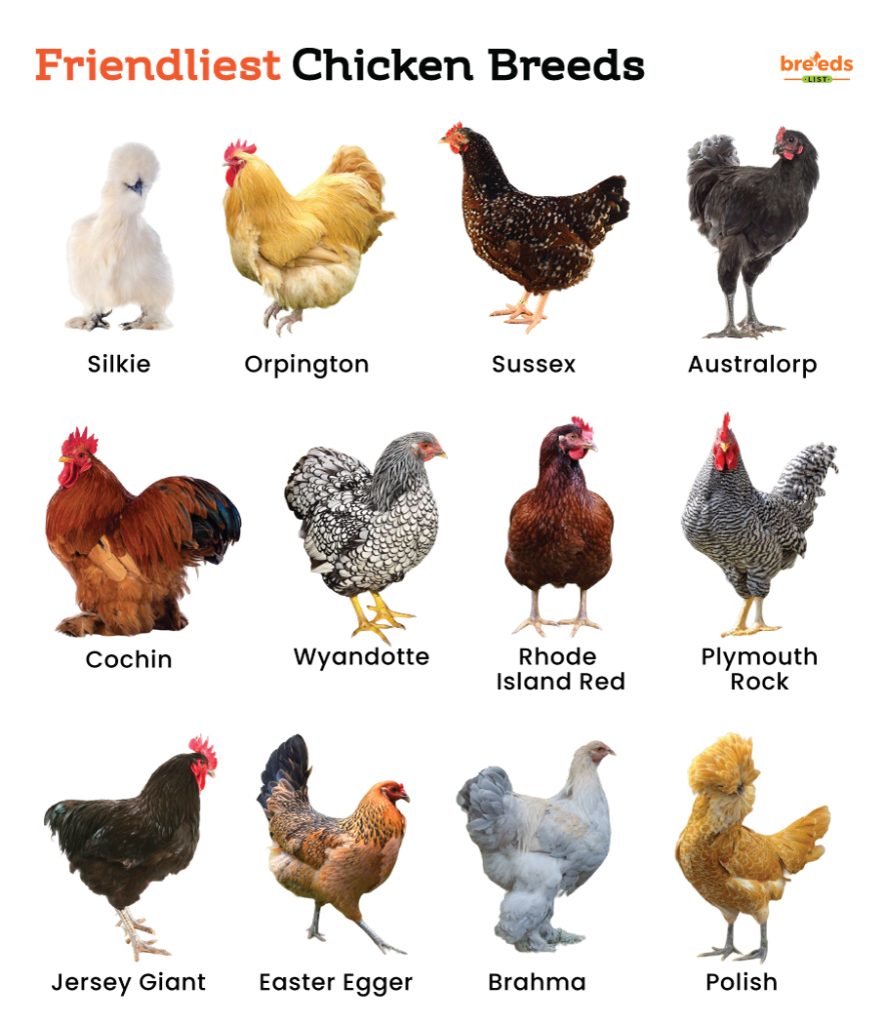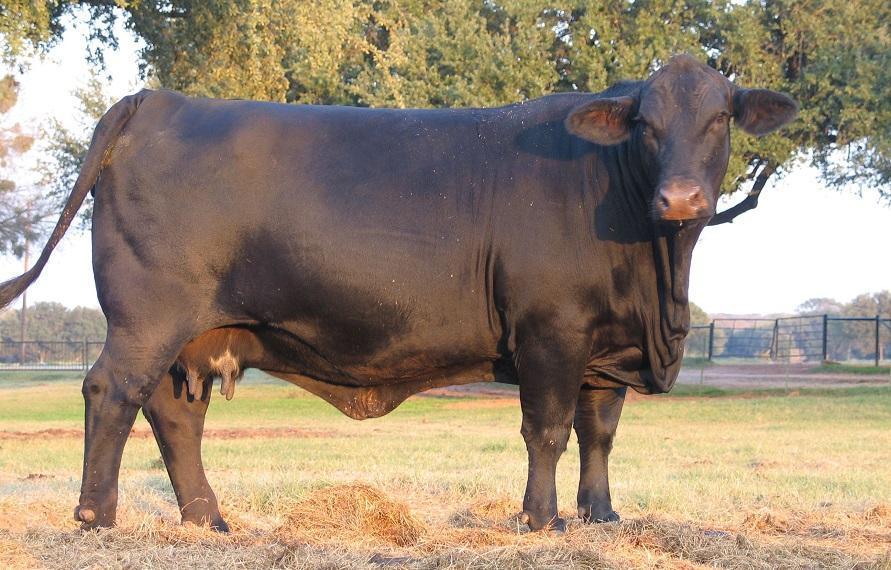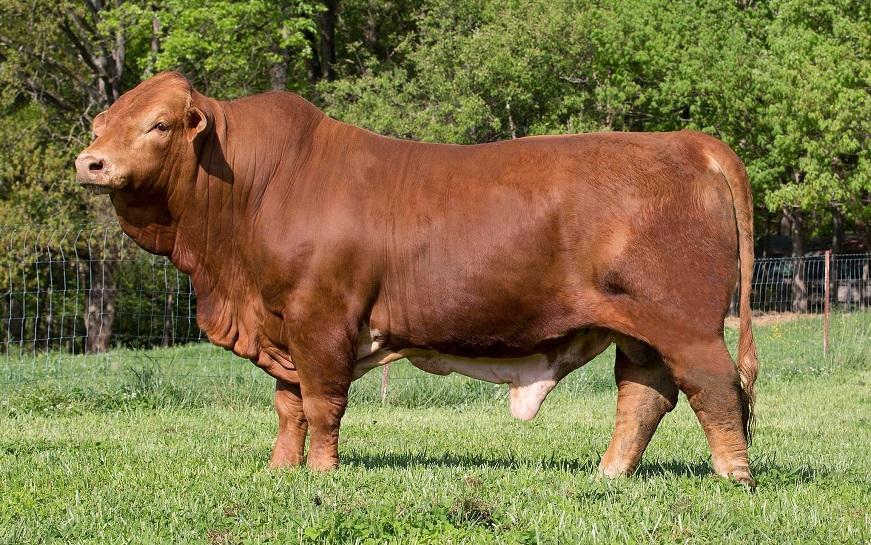Friendliest Chicken Breeds
Chickens can be endearing companions while being highly productive. They are not only a source of fresh, organic eggs but also have diverse personalities, often displaying affectionate, curious, and social behavior toward their human caretakers.
How Breeding Led to Chickens Becoming Friendly
As chickens were domesticated, those that could tolerate human presence were preferred for their ease of handling. This selective breeding led to the development of specialized traits in chickens. Egg layers, for instance, were often more alert and thus more likely to be skittish, while meat chickens, due to their heavier bodies, tended to be more lethargic. Dual-purpose chickens, bred for both eggs and meat, displayed more balanced and gentle behavior, not as sluggish as broilers but less skittish compared to egg layers. Over time, these breeds developed a more friendly disposition toward humans.
Nevertheless, the treatment of chickens can significantly impact their behavior — even naturally gentle chickens may become aggressive if mistreated. Similarly, breeds known for their aggression due to a history of cockfighting can respond well to kindness.

List of the Friendliest Chicken Breeds
Most of the breeds mentioned here are friendly with kids while also being decent egg layers. Still, it’s essential to remember that each individual chicken has its own personality and may not always act as expected.
| Breed | Size (in lbs) | Number of Eggs Annually |
|---|---|---|
| Silkie | 1.5-3 | 100-120 |
| Orpington | 7-8.5 | 175-200 |
| Sussex | 6-9 | 180-250 |
| Cochin | 7-13 | 150-180 |
| Australorp | 5-9 | 250-300 |
| Wyandotte | 6-9 | 150-200 |
| Plymouth Rock | 6.5-7.5 | 200-280 |
| Rhode Island Red | 6.5-8.5 | 270-310 |
| Jersey Giant | 10-13 | 150-200 |
| Easter Egger | 4-5 | 200-280 |
| Brahma | 9.9-12 | 150-200 |
| Polish | 4.5-6 | 150-200 |
Some More Chickens Known For Their Friendly Behavior
- Ameraucana
- Easter Egger
- Red Star
- Faverolles
- Barbu D’Uccle
- Marans
- Naked Neck
- Sebright
- Sultan
How to Encourage Friendly Behavior in Chickens
To raise a chicken to be more friendly, it is best to start from when they are chicks.
- Regular Handling — Chickens should be gently handled from a young age as this reduces skittishness. However, young animals need ample sleep, so they should not be handled during this time.
- Talking to Them — Using different tones of voice when interacting with chicks can help familiarize them with different voice levels, which in turn helps build their trust.
- Staying Calm — Moving slowly and steadily around chickens is important, as sudden movements are perceived as threats. This is particularly true when these movements come from a human towering above them.
- Exposing Them to Different Situations — Exposing chickens to varied surroundings incrementally broadens their experiences. This should be done after they trust their caretakers a bit, who should stay nearby to offer reassurance.
- Giving Them Treats Now and Then — Once the chicks are older, they can be given special treats like grubs or worms. Offering them their favorite food can make them perceive their owner as a source of fun snacks, keeping them friendly.





